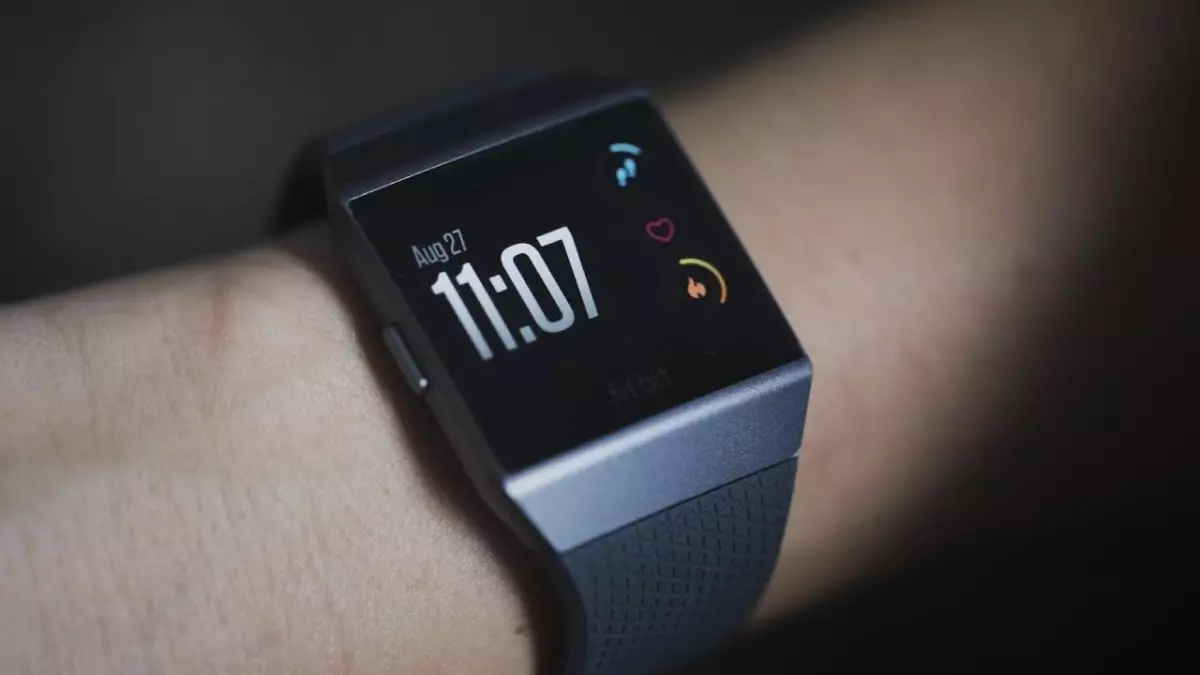Fitbit’s recent settlement with the U.S. Consumer Product Safety Commission (CPSC) has cast a spotlight on the critical issues of product safety and corporate accountability. The settlement, which amounts to a hefty $12.25 million, arises from significant concerns over the company’s Ionic smartwatch, particularly its battery safety. The problems trace back to 2018 and persisted through 2020, highlighting a troubling trajectory for a brand that has prided itself on being a leader in health and fitness technology.
At the core of these issues is the smartwatch’s tendency to overheat, leading to physical harm for its wearers. This is not merely a case of inconvenience; the CPSC documented that 115 individuals reported overheating incidents, with a staggering 78 sustaining burns. Some of these injuries were severe enough to require medical attention, including two cases of third-degree burns. Given that wearable devices are typically created to enhance user health and safety, such defects can severely undermine consumer trust.
Corporate Responsibility and Delayed Reporting
The CPSC’s investigations into Fitbit’s practices revealed a concerning lack of timely communication regarding the risks associated with the Ionic smartwatch. Despite having substantial evidence suggesting a serious product hazard, Fitbit failed to report these risks to the CPSC immediately, which raises questions about the company’s internal processes and commitment to consumer safety. The organization has emphasized the responsibility of manufacturers to proactively disclose potential risks, especially when consumers’ well-being is at stake.
Fitbit’s firmware update in early 2020 was intended to mitigate these safety concerns but ultimately fell short, demonstrating a disconnect between intended fixes and actual performance. This serves as a reminder that a mere software update cannot replace the necessity of rigorous safety testing and a proactive approach to risk management.
Long-Term Implications for Fitbit
The repercussions of this settlement extend beyond the immediate financial penalty. As part of the agreement, Fitbit must also enhance its internal controls and compliance programs to adhere to the Consumer Product Safety Act (CPSA). This requirement could indicate a significant shift in Fitbit’s operational protocols, emphasizing the need for a culture of safety more than just compliance with regulations.
Moreover, the fallout from these incidents can have a lasting impact on Fitbit’s brand reputation in an increasingly competitive marketplace. Trust, once fractured, forges a long road to restoration. As consumers gravitate towards companies that prioritize transparency and ethical conduct, Fitbit must work diligently to reassure its user base that safety is a cornerstone of its commitment.
In a landscape where consumer electronics continually push the boundaries of innovation, the case of Fitbit’s Ionic smartwatch serves as a cautionary tale. The company’s $12.25 million settlement reflects not only the importance of corporate responsibility but also the vital connection between product safety and consumer trust. As Fitbit moves forward, the lessons learned from this experience will undoubtedly influence its future strategies, requiring a renewed focus on both user safety and the ethical implications of its technological advancements.

